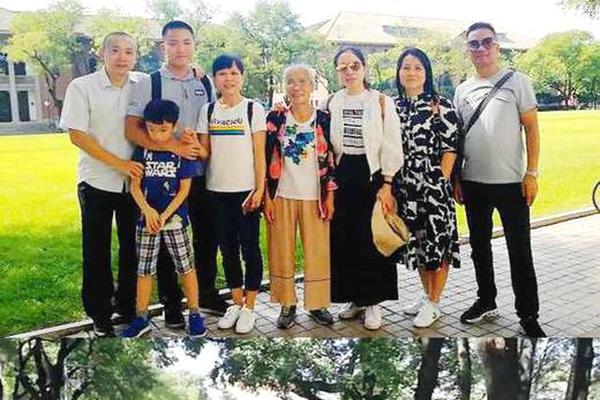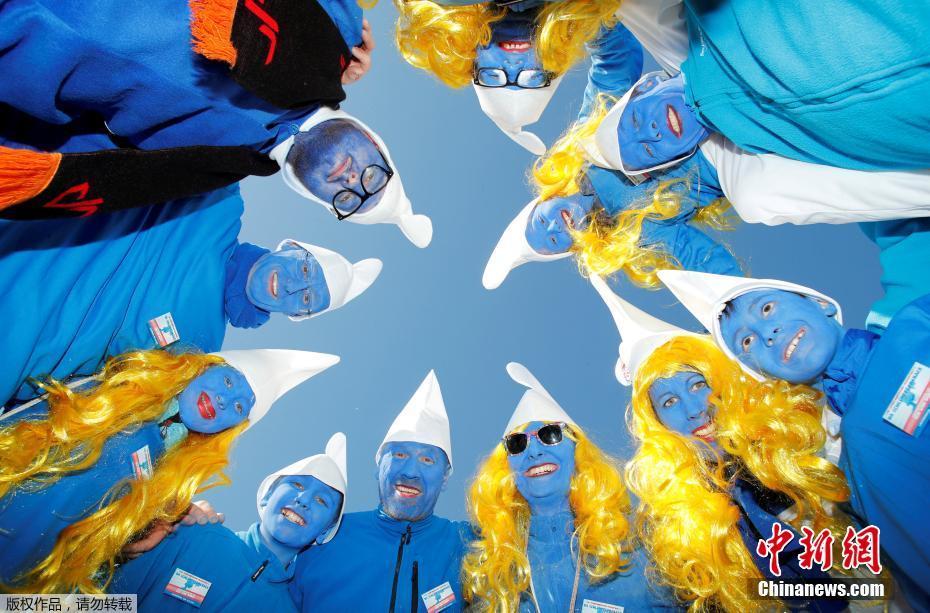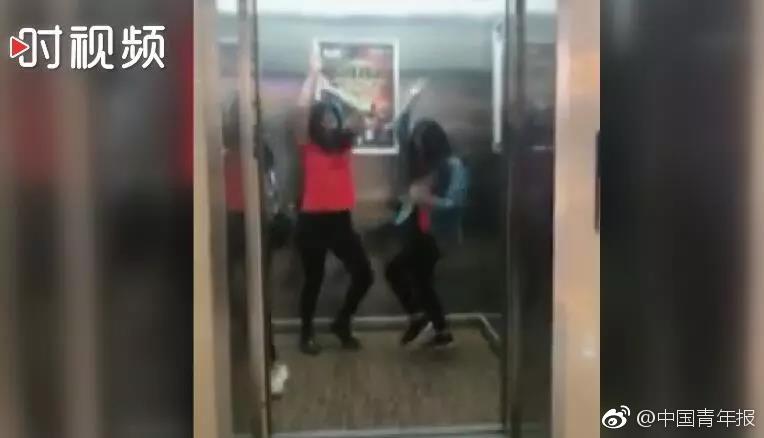【male to female sex videos】Online Space for Older Adults: Keiro Releases the Second Episode of Their New Podcast
By MAI OMOTO,male to female sex videos Kizuna NCI intern

The graphic of Keiro’s podcast John’s Take
On Aug 5, Keiro released the second episode of their new podcast, John’s Take, on YouTube. In this episode, titled Japanese American Basketball, host John Nakaki delves into the cultural phenomenon of Japanese American basketball, the sport that united countless members of the Japanese American community. Joined by special guest Gene, John explores how basketball has shaped generations and provided a sense of community and belonging across decades.
The podcast’s inaugural episode, released on June 13, featured John and guest speaker Kent discussing the work ethics of different generations and how these values shaped their own lives. The episode highlights the influence of the phrase shigataganai (仕方がない), meaning “it cannot be helped,” which encapsulated the resilience of the Isseis and Nisseis that had to rebuild their lives in post-World War II America. They shared poignant stories of family members and friends who sacrificed greatly to support their families, often working long hours in difficult jobs to ensure a better future for their children. These narratives underscore the powerful work ethic that inspired subsequent generations to pursue higher education and better-paying careers.
In an effort to provide information and resources to the Japanese American community, Keiro aims to release an episode every month to discuss topics such as culture, history and issues pertinent to older adults. Through this podcast, Keiro seeks to enhance the quality of life for its audience by addressing the five elements of well-being: health and wellness, purpose, connectedness, security, and autonomy. By offering educational content in an engaging and accessible format, Keiro hopes to reach a broader audience within the community.
According to podcast host John Nakaki, “The demographic that Keiro is looking at for the future is the baby boomers, and baby boomers listen to podcasts. They are not tied to newspapers anymore like my generation was. It is a very interesting, easy approach to convey the thought processes, theories, and educational resources for people… and we’re getting some positive responses.”
Each episode of John’s Takefeatures a guest speaker who brings a fresh perspective, whether they are content experts or individuals with lived experiences. These discussions not only showcase Keiro’s resources but also allow listeners to connect with shared stories and memories from the past and present.
John shared, “I used an example of a person I knew up in Monterey [in the first episode]. He was raising four kids and was a fisherman before the war. He couldn’t fish afterwards and moved to Monterey to be a gardener. He worked six days a week as a gardener and on Saturday morning he would clean the officer’s club at Fort Ord. On Sunday night, he would go with his wife to the Elk’s Club to clean. So he was a gardener and janitor for his whole life but never complained about anything. Anyways, I saw my friend who thanked me for sharing his story. She told me that it brought back so many memories of her father.”
Although the podcast primarily targets older adults, Keiro is also able to engage younger generations by making episodes available on YouTube. Younger listeners may find the content useful for their older relatives or even for themselves in the future.
After listening to the first episode, 22-year-old community member Leon Ito remarked, “John Nakaki marries his trademark charisma with his lifetime of experience and love for the JA community to provide an informative and enlightening space for his guests and listeners.”
Keiro hopes that their content motivates individuals to make changes to their lives in order to improve their quality of life. In the upcoming episode, they plan to discuss Alzheimer’s with a retired nurse.
To watch Episode 1: Work Ethics, click here.
To watch Episode 2: Japanese American Basketball, click here.
To learn more about Keiro, click here. Or call them at (213) 873-5700.
This publication was supported in whole or in part by funding provided by the State of California, administered by the California State Library.






Related Articles